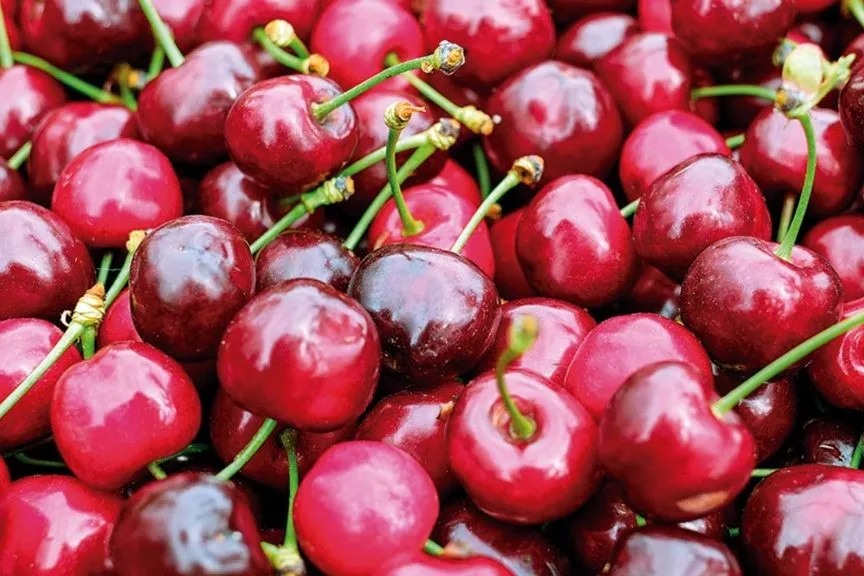Currently, chemical control is the most commonly used method to reduce the population of Drosophila suzukii. However, various research efforts are underway to employ parasitoids as biocontrol agents, and among these, Ganaspis kimorum was authorized for research and release in Michigan (USA) in 2022.
This wasp has the characteristic of using Drosophila pupae to protect itself during its development and thus survive the winter. The leaf litter and layers of snow that accumulate in the field serve as an additional insulating layer to protect this insect from the extreme winter temperatures.
To assess the ability of G. kimorum to withstand the winter conditions of Michigan, researchers at the Michigan State University conducted a field survey over two winter seasons. Location, cumulative sub-zero temperatures, daily snow cover accumulation, and duration of exposure were factors that partly contributed to the variation in G. kimorum survival.
Winter resistance of the parasitoid
Despite the challenges that emerged during the 2024 experiment, they were able to verify that G. kimorum can withstand environmental winter conditions in all the major cherry and blueberry production regions in the state of Michigan.
In fact, previous research has shown that protective layers such as dry leaves and snow help reduce the risk of temperatures reaching lethal levels and mitigate fluctuations caused by unpredictable winter weather conditions.
It is believed that Drosophila suzukii can survive intense cold conditions by using the insulating protection of leaf litter to overwinter; however, it does so in the form of an adult.
The survival of Ganaspis kimorum, on the other hand, depends on the location where D. suzukii larvae pupate at the end of the growing season. This position depends on the distance from the infested fruits towards which the larvae are likely to migrate and the position of the fruits they have infested.
Interactions and adaptation mechanisms
Laboratory research indicates that G. kimorum is capable of enduring wintering conditions comparable to those of D. suzukii. It is therefore likely that the parasitoid and the host have co-evolved the ability to overwinter in close proximity to each other.
The ability of the parasitoid to endure the harshest months of the year in Michigan is supported by the fact that a portion of G. kimorum survived the environmental conditions at all sites until the conclusion of the study.
In their 2019 study, other researchers evaluated the freezing tolerance of young specimens of G. kimorum and found that the survival rate decreased from about 90% to 0% as the temperature dropped from 19.4°C to 17.2°C.
Future directions for study
Thanks to the artificial induction of diapause in the laboratory, they discovered that it is a crucial phase for improving survival. What will need to be understood in the future is how to induce it even under natural conditions.
Furthermore, it will be necessary to study how the location of the cultivation site affects the survival of G. kimorum, which is an essential factor for establishing self-sustaining populations that can be maintained year after year.
Source: Jones, Andrew J. Michigan State University ProQuest Dissertations & Theses, 2025. 31766862.
Image source: INRAE
Melissa Venturi
University of Bologna (ITA)
Italian Berry - All rights reserved










